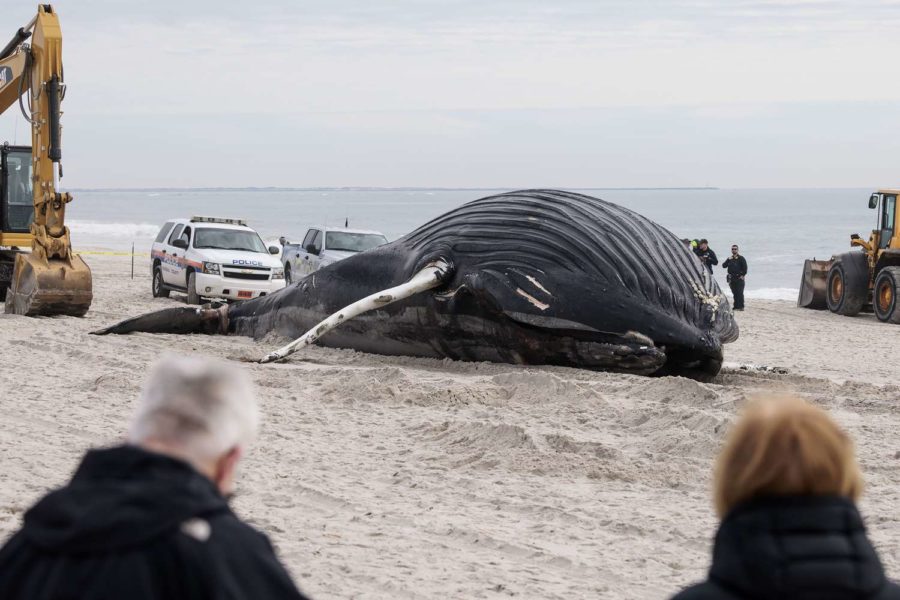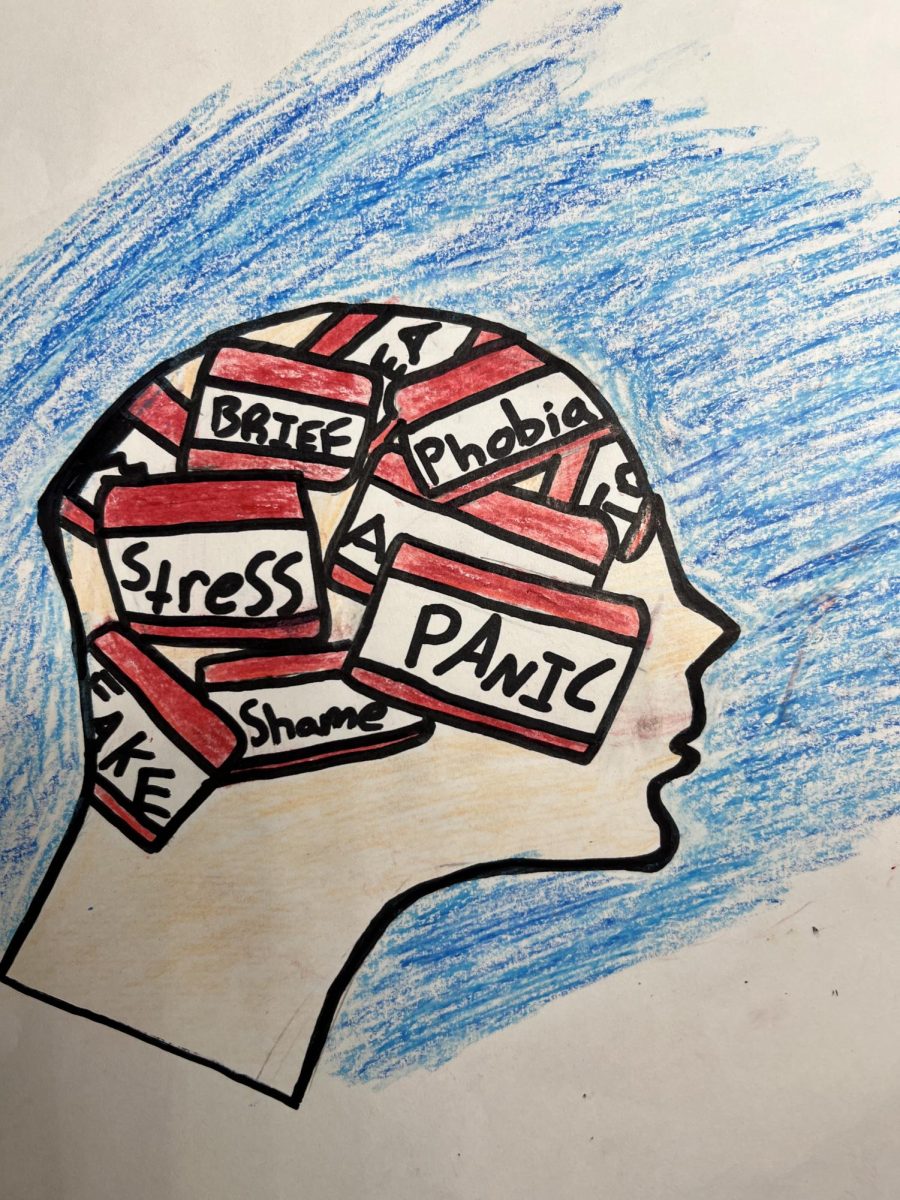On Thursday, March 3rd, the most recent whale carcass to wash up on the East Coast was found at Seaside Park, NJ. In all, twenty three dead whales have washed ashore along the East Coast since early December, including twelve in New Jersey and New York, according to the National Oceanic and Atmospheric Administration.
Since January 2016, more and more Humpback Whales have been washing ashore, marking an “unusual mortality event,” according to NOAA. Necropsy examinations were performed on approximately half of the whales and, according to the organization, about 40 percent of those had “evidence of human interaction, either ship strike or entanglement.”
With these recent whale washups, it has sparked conversation about the possible causes of these deaths, as well as if we can undo the damage we have poured into our oceans due to global warming. Those kinds of surveys often involve putting intense sound into the water to determine ocean floor topography and its geological make up.
Wind turbine operation also creates noise that may affect whales and other cetaceans. Noise from operating turbines can reach a marine mammal through an initially waterborne, airborne, or substrate-borne path. Wind turbines increase short term temperatures that can easily affect the climate which can be a big contributor to all of these recent whale wash-ups.
Another possible cause for all of these whale washups can be vessel strikes, entanglement in fishing equipment, and changing or rising water temperatures. According to an interview from National Public Radio, Mendy Garron, a Marine Mammal Emergency Response Coordinator, explains that “[they] were seeing an increase in strandings throughout the region, marine mammal emergency response coordinator. And there are certain criteria [they] use to declare an unusual mortality event, you know, increases in stranding through time and space, unusual findings for cause of death … those kinds of things.”
Problems like large amounts of algae growing in the water and human activities like net fishing are also big contributors to all of these whale endangerment events. The only way we can help put a stop to these unfortunate events is if we as people collectively help create the ocean a more friendly and less dangerous environment for marine life.
With these whale-washups, there have already been some possible solutions in the works to help keep our ocean a healthy home for marine life. Entanglement in fishing gear is a massive problem for whales. Developing fishing and trap lines that sink to the bottom and don’t tangle so easily would help. Ropeless traps are being developed that could significantly reduce the amount of rope in the water column.
Not only that, but also, Being hit by ships is a drastic cause of whale deaths. Reducing ship speeds in coastal waters has been shown to reduce whale mortality. Sometimes small shifts in shipping lanes can move most of the ship traffic away from the gathering places of the whales. Fewer ships would mean fewer ship strikes and less noise pollution in the ocean.
These are just some possible solutions we can do to help create a better environment for all living life on our planet. It’s important to remember that we are not the only ones dependent on this planet. It is our responsibility to help keep these events from happening now and in the near future.














Shelby Richg • Mar 29, 2023 at 9:32 am
Well-written article Olivia!